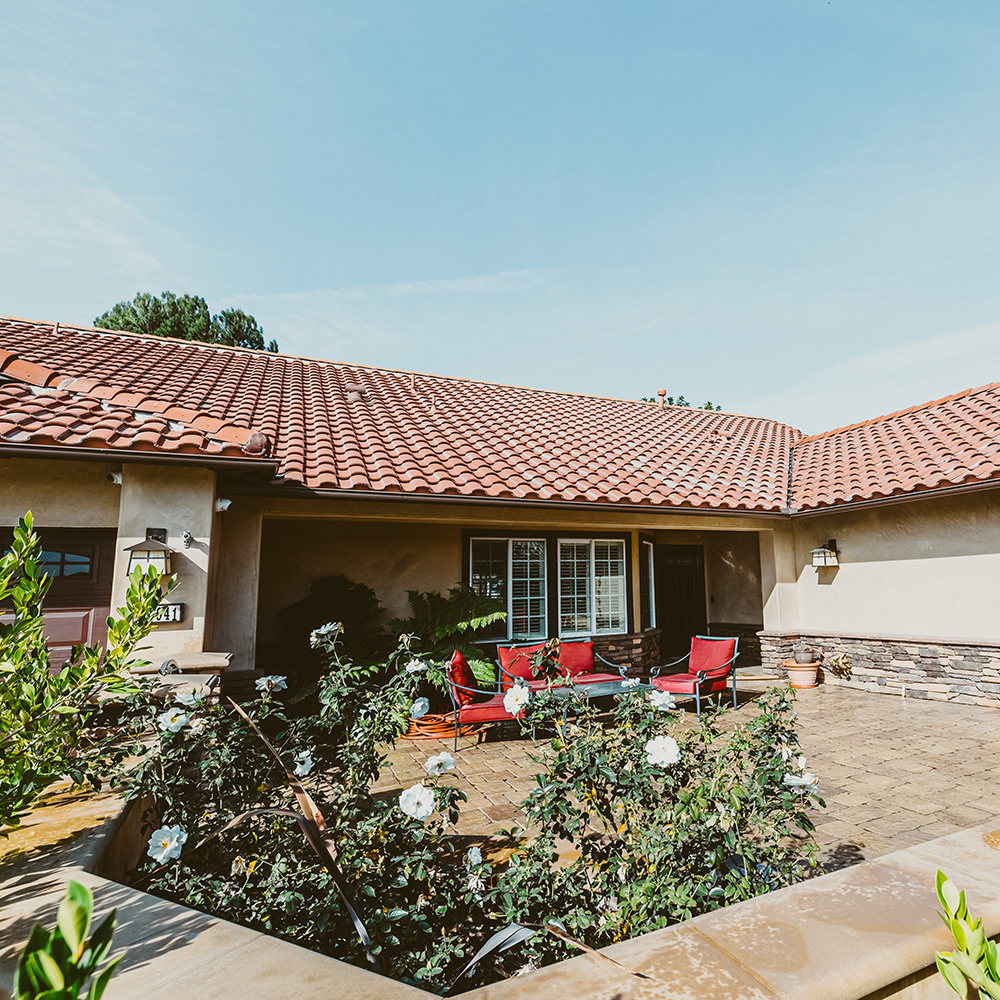Addiction treatment is the first step toward building a drug- and alcohol-free life.
You’ll learn how to cope with stressful situations, how to recognize the signs of relapse and how to prevent falling back into addictive behaviors. Treatment facilities like Shadow Hills Recovery provide an ideal environment for staying sober.
However, the real test comes after leaving a residential treatment program. This is the time you’ll be returning home and rebuilding your life. It will be challenging, as residential facilities guide you toward a sober lifestyle. In the real world, you’ll have more temptation and triggers to face.
This is why aftercare is an important part of your treatment plan. Instead of leaving treatment and jumping back into things at home, aftercare provides a slower, more gradual transition with built-in support. By following your aftercare plan, you can raise your chances for staying sober.


